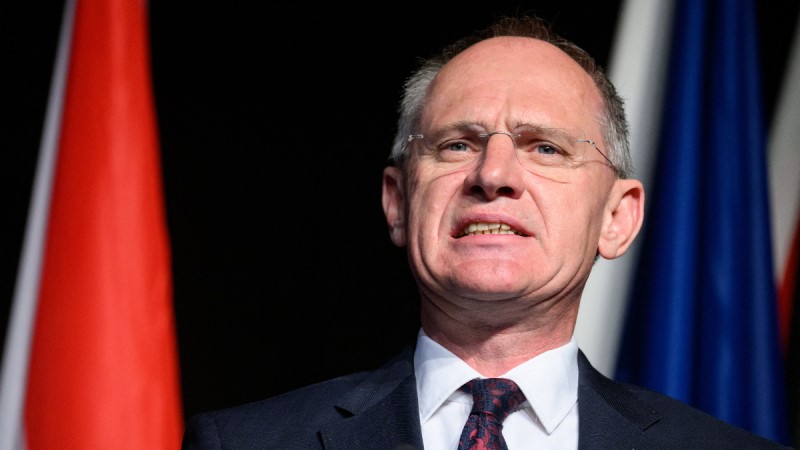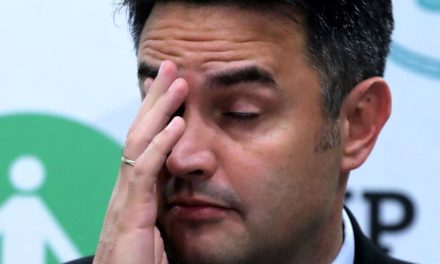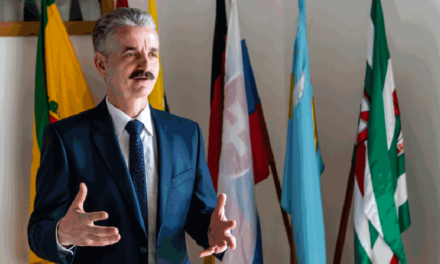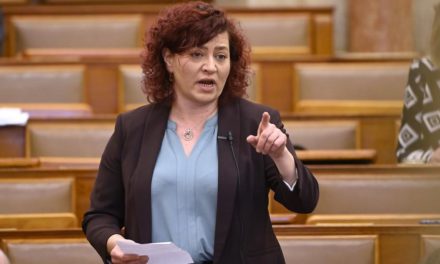Gerhard Karner called for a more decisive European border protection policy in Luxembourg, before the meeting of the interior ministers of the EU member states on Friday.
Arriving at the meeting, Gerhard Karner argued that, in accordance with the EU's refugee policy, specific security requirements must be balanced with regulations enabling free movement within the EU.
Ensuring freedom of movement is an important and essential part of the European Union, but we must also guarantee security. This is so important that in certain situations border control within the EU may also be necessary," he said.
Karner emphasized the need for strong external borders, the importance of strengthening the screening and registration of migrants, and said: he is against the "open Europe" slogan and the assertion that Europe accepts everyone, because in his opinion it carries the wrong message and favors human trafficking.
According to the leaked details, the Austrian Minister of the Interior Gerhard Karner, which he wanted to include in the planned final statement of the Luxembourg Council meeting, in relation to the system called the "voluntary solidarity mechanism" aimed at helping the countries along the Mediterranean Sea, said: "he is also very skeptical" of the possible transfer of migrants between member states regarding the adoption of a forward-looking paragraph.
Upon her arrival, German Interior Minister Nancy Faeser said: a group of ten or twelve EU member states is ready to join forces to help the countries along the Mediterranean Sea. According to information, this could even mean receiving ships carrying migrants or providing other assistance, such as financial support.
Following the migration crisis of 2015, some EU member states, including Germany, France and Austria, introduced temporary border controls at certain sections of their borders to deal with illegal immigration and citing terrorism. The European Court of Justice announced in April that member states can only extend border controls within the Schengen zone in the event of new and serious risks to their public order or internal security.
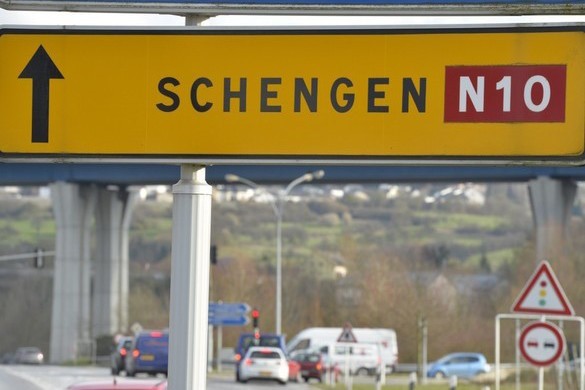
Photo: AFP/DPA Picture Alliance/Wilfr
Following the preliminary declarations, the EU member states agreed on new rules for border control within the Schengen area, MTI reported.
At their meeting in Luxembourg on Friday, the interior ministers of the EU member states agreed on the new rules for border control within the Schengen area, announced the Council, which brings together the governments of the EU member states.
According to the press release, the interior ministers adopted a joint position on action against the use of migration as a tool. The approach adopted by the Council defines the use of migrants as a tool as: "a non-EU country encourages or facilitates the movement of citizens of other non-EU countries towards the external borders of the Union or into a Member State, in order to destabilize the EU, or one of its member states".
The agreement introduces new measures to combat this phenomenon, including limiting the number or opening hours of border crossing points at the external borders and increasing border surveillance.
The Council also sets out procedures for the reintroduction of internal border controls with stricter safeguards. It takes into account the recent decision of the Union, which confirmed the principle of free movement within the Schengen area, while at the same time defining the conditions for the reintroduction of internal border controls.
According to them, if the continued need for internal border control is justified even after two years and six months, the Member State concerned must notify the European Commission of its intention to further extend internal border control, giving reasons for it. You must also indicate when you expect the checks to be lifted. The committee then issues a recommendation, which also applies to this date and takes into account the principles of necessity and proportionality, which the respective Member State must also take into account.
The regulation also introduces a new procedure to deal with the unauthorized movement of illegal migrants within the Union. Within the framework of a system based on the voluntary action of the Member States concerned, this procedure enables the Member States to hand over persons caught in the border area and illegally staying in its territory to the Member State from which they came, within the framework of cross-border police cooperation.
The vast majority of the interior ministers of the member states support the voluntary solidarity mechanism, based on which the member states can voluntarily accept migrants arriving in the member states located in the Mediterranean region, or they can offer them other help, such as financial support.
Source: MTI
Featured image: Bernd von Jutrczenka / dpa / AFP

